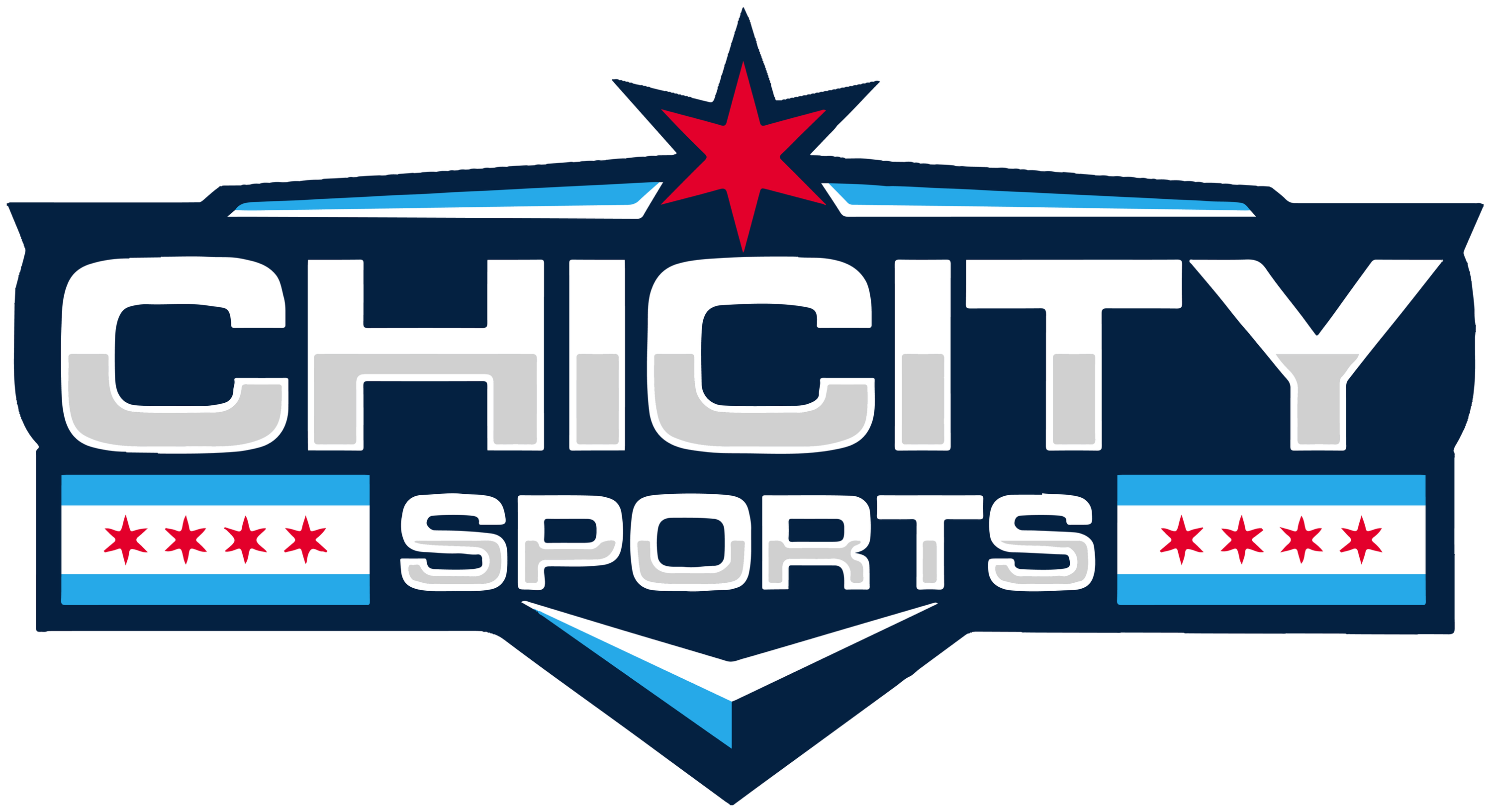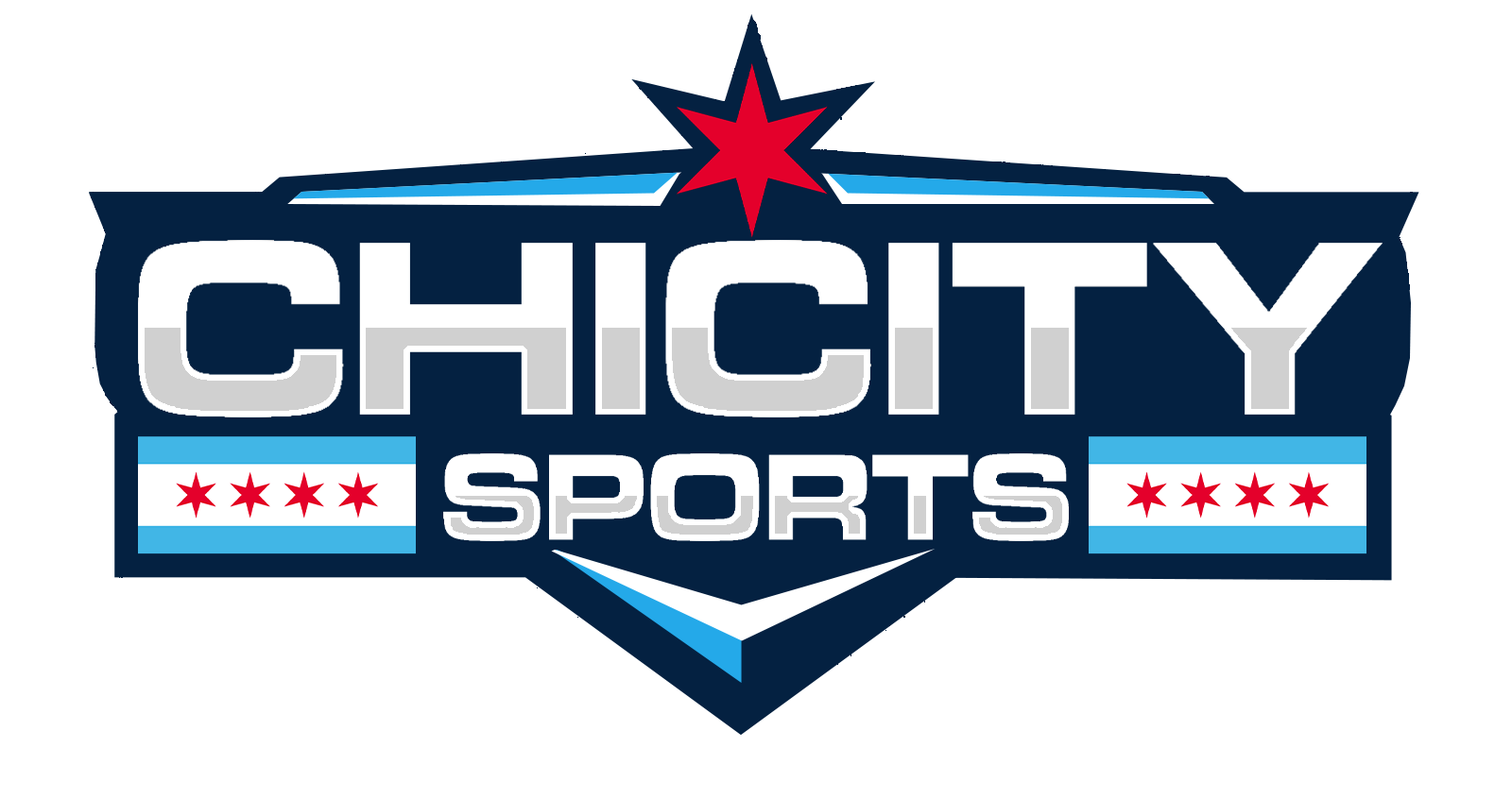Chicago’s athletes are rethinking recovery—and the city’s sports culture is taking notice.
From elite teams to weekend warriors, more players and trainers are swapping traditional methods for plant-based alternatives, seeking natural ways to manage post-game soreness and speed up healing.
This movement isn’t limited to high-profile professionals; local gyms and fitness communities are also joining the shift toward botanicals, CBD, and nutrient-dense foods.
In this article, we’ll explore what’s fueling the trend, the science behind plant-based recovery, and how Chicago’s sports leaders are redefining wellness for today’s athletes.
Why Chicago Athletes Are Turning to Plant-Based Recovery
Walk into any Chicago gym or locker room, and you’ll likely overhear conversations about plant-based recovery.
Athletes here—from neighborhood basketball leagues to pro teams—are rethinking what it means to recover and stay at the top of their game.
This shift is rooted in a broader push for natural wellness solutions.
Many Chicagoans are health-conscious and eager to avoid harsh pharmaceuticals or artificial additives that could impact long-term health or violate league rules.
Local sports culture is also fueling change. As coaches and trainers see faster recovery, less soreness, and better sleep in athletes using plant-derived products, word spreads quickly through the city’s tight-knit athletic community.
Recent updates in Illinois regulations have made it safer—and less stigmatized—for athletes to explore these options without risking their eligibility or careers.
The convenience factor can’t be overlooked either. Today’s athletes want solutions that are discreet and easy to access between games or practices.
That’s where digital dispensaries come in: now, it’s possible to buy weed online from licensed Canadian sources, ensuring quality control, privacy, and safe delivery right to your door.
Pro Tip: Always verify licensing and third-party testing when sourcing plant-based recovery products online. This ensures both compliance and safety for athletes at every level.
The rise of plant-based recovery isn’t just a passing trend—it’s reshaping how Chicago sports communities approach healing, longevity, and peak performance.
The Science Behind Plant-Based Recovery Methods
Recovery is a cornerstone of athletic success, and Chicago athletes are increasingly turning to plant-based methods for science-backed benefits.
These approaches support the body’s ability to heal, reduce inflammation, and maintain peak performance without relying solely on synthetic interventions.
From muscle repair to overall wellness, plant-derived solutions are gaining traction across all levels of competition.
Understanding the Body’s Response to Plant Compounds
Plant-based recovery leverages compounds found in fruits, vegetables, herbs, and cannabis to aid the body’s natural healing processes.
Key players include antioxidants—molecules that help neutralize free radicals produced during intense exercise—and anti-inflammatory agents like flavonoids and terpenes.
By reducing oxidative stress and inflammation, these compounds promote faster muscle repair and can decrease soreness after workouts or games.
A Plant-Based Diets and Athletic Performance study published in 2024 confirms these effects. Researchers found that athletes following plant-based diets recovered more efficiently due to higher antioxidant intake and potent anti-inflammatory properties present in whole foods. This evidence supports why more Chicago sports professionals now favor natural recovery strategies over conventional pharmaceuticals.
Comparing Plant-Based and Traditional Recovery Approaches
Traditional recovery methods—like ice baths, prescription pain relievers, or protein supplements—are staples in most training rooms.
Ice baths can quickly manage swelling but may be uncomfortable for some and don’t address cellular damage. Pharmaceuticals provide fast relief but carry risks of side effects or dependency. Protein supplements support muscle growth yet often lack the broad spectrum of nutrients found in whole plants.
In contrast, plant-based recovery offers a holistic approach. Athletes appreciate fewer side effects and the added nutritional benefits from vitamins, minerals, and phytonutrients. However, results may take longer compared to instant fixes like medication. Many Chicago athletes are opting for blended routines: using plant-based methods as daily staples while reserving traditional techniques for acute needs.
Key Takeaway: Integrating both strategies lets athletes maximize results while minimizing risks—an increasingly popular formula on Chicago fields and courts.
Chicago Teams and Athletes Leading the Way
Chicago has become a proving ground for athletes embracing plant-based recovery methods. Professional teams and grassroots organizations alike are experimenting with new approaches to post-game wellness.
The city’s vibrant sports community is seeing an uptick in players who openly discuss their use of natural recovery products. This openness is inspiring both fans and peers to rethink what’s possible for athletic health.
From locker rooms at the United Center to neighborhood fitness studios, Chicagoans are leading conversations about the benefits—and challenges—of going plant-based for recovery. Their stories highlight adaptation, innovation, and the power of community support.
Case Studies: Local Success Stories
One standout story comes from Jonathan Toews, captain of the Chicago Blackhawks. According to Jonathan Toews’ Plant-Based Journey, Toews credits his shift to a plant-based diet with faster recovery times, increased energy, and better overall performance.
His experience reflects a growing trend among elite athletes who want to optimize longevity without relying on pharmaceuticals. Toews’ openness has sparked broader discussions across local sports networks about natural approaches to healing and training.
Younger players in Chicago’s soccer and basketball leagues are also experimenting with plant-based meals and supplements, inspired by leaders like Toews. Their willingness to adapt signals a generational shift toward holistic wellness in competitive sports.
Community Initiatives and Grassroots Movements
Chicago’s gyms, wellness centers, and fitness collectives are stepping up education around plant-based recovery. Workshops led by nutritionists teach athletes how plant compounds can support muscle repair and reduce inflammation after tough games.
Several neighborhood gyms now offer smoothie bars featuring locally sourced ingredients tailored for post-workout recovery. Community centers partner with dietitians to make plant-based nutrition accessible to youth teams and weekend warriors alike.
This grassroots momentum is breaking down barriers—making it easier for athletes at every level to try natural alternatives without stigma or confusion. The city’s collaborative spirit helps ensure that reliable information and practical options reach those looking for safer, sustainable ways to recover.
Key Takeaway: Chicago’s sports scene is redefining recovery by championing plant-based solutions through both star athletes’ journeys and inclusive community initiatives.
Navigating Legal, Ethical, and Performance Questions
Plant-based recovery methods present a unique set of challenges for Chicago’s athletes and coaches.
Beyond the promise of natural wellness, there are complex legal, ethical, and performance factors to consider.
From evolving state regulations to league-specific policies, navigating these waters requires diligence and awareness.
This section breaks down what you need to know to stay compliant—and competitive—while using plant-based solutions in sports.
Understanding the Rules: League and State Policies
The landscape for plant-based recovery is shifting rapidly across Illinois and within major sports leagues.
Chicago teams must balance state laws—which have become more permissive regarding certain plant-derived products—with strict league regulations that may lag behind or differ significantly.
For example, while CBD is legal statewide, some leagues still ban its use or require athletes to report consumption.
Recent policy updates urge transparency: most organizations now expect athletes to check product sourcing, purity, and compliance with anti-doping standards before use.
Pro Tip: Always verify both local legality and your league’s approved substance list before starting a new recovery regimen.
Balancing Performance, Safety, and Fair Play
The growing popularity of plant-based recovery has sparked debate around fair competition and athlete health.
Advocates argue that these methods provide safe alternatives to pharmaceuticals without conferring an unfair advantage—but not everyone agrees on where to draw the line between natural enhancement and performance aid.
A 2023 expert review from the National Strength and Conditioning Association (NSCA Expert Article on Plant-Based Recovery) explains how plant-based nutrition can enhance recovery and performance while stressing the importance of following all league guidelines.
This expert guidance is helping teams develop policies that support innovation but prioritize safety and integrity on the field.
Key Takeaway: The best approach combines open dialogue, informed choices, and ongoing education for everyone involved in athlete wellness programs.
Conclusion
Plant-based recovery is no longer just a trend—it’s becoming part of the fabric of Chicago’s athletic culture.
From professional teams to weekend warriors, more athletes are blending time-honored training traditions with innovative, natural recovery approaches.
This shift is redefining what it means to stay healthy, resilient, and competitive in Chicago sports.
As education and access continue to expand, expect plant-based methods to play an even bigger role in shaping athlete wellness and performance across the city.
For More Great Chicago Sports Content
Get the latest Chicago sports news, analysis, and breaking stories on the Bears, Bulls, Blackhawks, Cubs, White Sox, Sky, and more! Tap the star to add us to your favorites on Google News, so you never miss a story on your favorite Chicago teams.
Follow us on Twitter at @chicitysports23 for more great content. We appreciate you taking time to read our articles. To interact more with our community and keep up to date on the latest in Chicago sports news, JOIN OUR FREE FACEBOOK GROUP by CLICKING HERE




